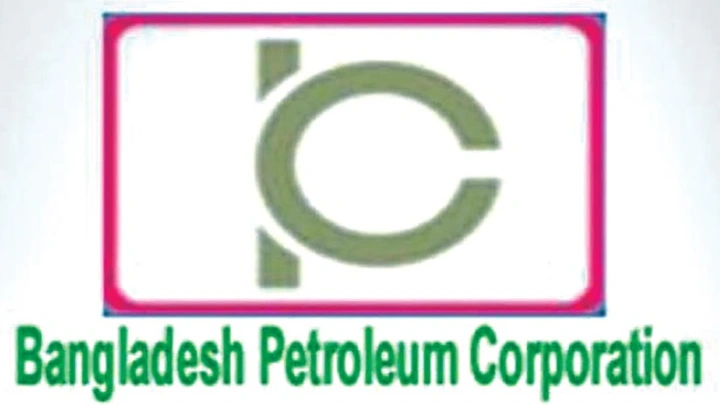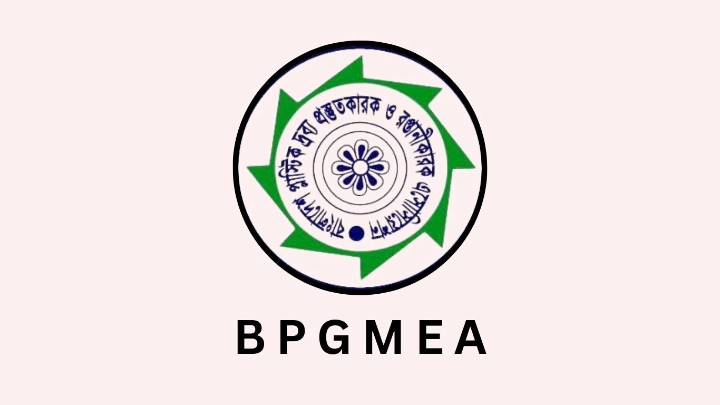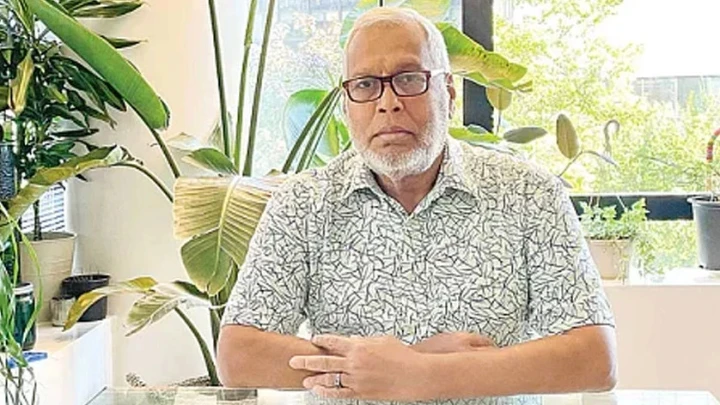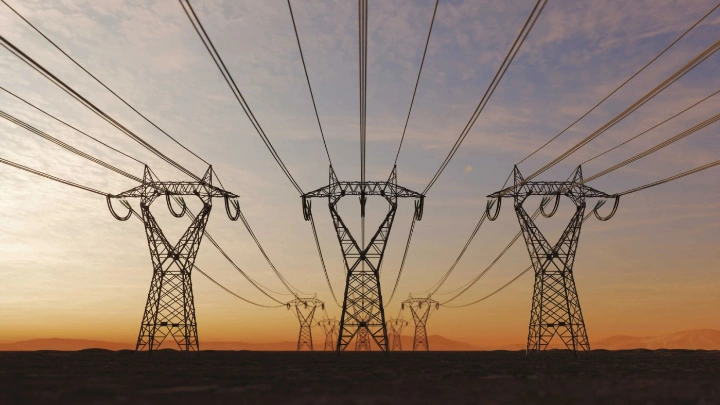BPC faces loss despite fall in int’l fuel price, it loses Tk 4-4.5 on per litre diesel
Shining BD Desk || Shining BD
According to a top official, Bangladesh Petroleum Corporation (BPC) is losing money on diesel sales despite lower fuel prices on the international market.
"We are incurring a loss of Tk 4-Tk 4.5 per liter of diesel so we do not plan on adjusting fuelprice," BPC chairman ABM Azad said. During the past year, the BPC has lost Tk 90 billion due to international market volatility.
The repayment of the single point mooring may also face difficulty if the fuel tariff is lowered in the current economy, the BPC chairman added.
In addition, the BPC plans to take on new projects to ensure smooth fuel distribution across the country. "Without fund flow, it may also have difficulty," he noted.
It is estimated that BPC loses Tk 80 million per day and Tk 2.4 billion per month, according to BPC sources.
As the agency hardly adjusts fuel prices with the global market, BPC officials also blamed the devaluation of local currency against the US dollar for the loss. The Bangladeshi taka depreciated almost Tk 10-12 per dollar.
Currently, BPC is losing Tk 4-5 per liter on diesel sales, down from Tk 8-10 per liter two and a half months ago.
According to BPC chairman, a global crude diesel price of $104 per barrel would enable the company to reach a breakeven.
It is important to give BPC, which is losing money, a chance to turn things around. Otherwise, BPC will be unable to cope if the energy market becomes unstable again in the future, said an official concerned.
Fuel demand in the country is on average 7.2 million tonnes, of which 4.9 million is diesels. BPC sells maximum 14,000 tonnes of diesel a day.
According to energy expert Prof M Tamim, BPC is still losing money on diesel, so there is no need to reduce the price now.
"Transport fares went up because of diesel prices, and even if the prices go down a little, fares won't go down." People won't benefit from it. "It's better for the government to earn more than this, so that it can give subsidies when fuel prices rise," he said.
According to the expert, the government can lower octane and petrol prices.
During the financial year 2020-21, BPC recorded a loss of Tk 50 billion due to the increase in fuel oil prices on the world market as a result of the Russia-Ukraine conflict. There has been a loss of over Tk 90 billion since February of this year.
For BPC to meet its fuel costs, it must maintain a working capital equivalent to two months' worth of fuel oil (over 25 percent of increment). BPC's capital will also need to increase if the price on the international market increases. As fuel oil was comparatively stable on the international market, BPC maintained its paid-up capital at Tk 120 billion in fiscal year 2020-21, which has now increased to Tk 200 billion.
“We have to spend around $4 billion to procure 6.5 million tonnes of fuel including local production through refineries,” ABM Azad said.
According to the chairman of the BPC earlier this year, their expenditures will exceed $5 billion, with an additional $800 million to $1 billion in the current fiscal year.
Following the adjustment in fuel tariffs in August, the BPC made a profit of over Tk 2 billion.
“But we faced an overall loss of Tk 4.07 billion as diesel prices soared again in the international market,” he said.
“The loss on diesel sales reached Tk 7.14 billion in September,” he explained.
The loss has been mitigated slightly by price adjustments on other fuel products. Bangladesh consumes around 4.8 million tonnes of diesel each year, primarily imported.
The BPC chairman said they paid an additional Tk 11-12 to Tk 107 against every dollar for paying its fuel import bills in September.
Because of the gas crisis, BPC provided an additional volume of fuel to Bangladesh Power Development Board (BPDB) to feed power plants. It also increased the company's costs, the BPC chairman said.
The government does not plan to adjust fuel prices due to the volatile international fuel market, said Nasrul Hamid, state minister for power and energy.
Source: Daily Sun
Shining BD
























